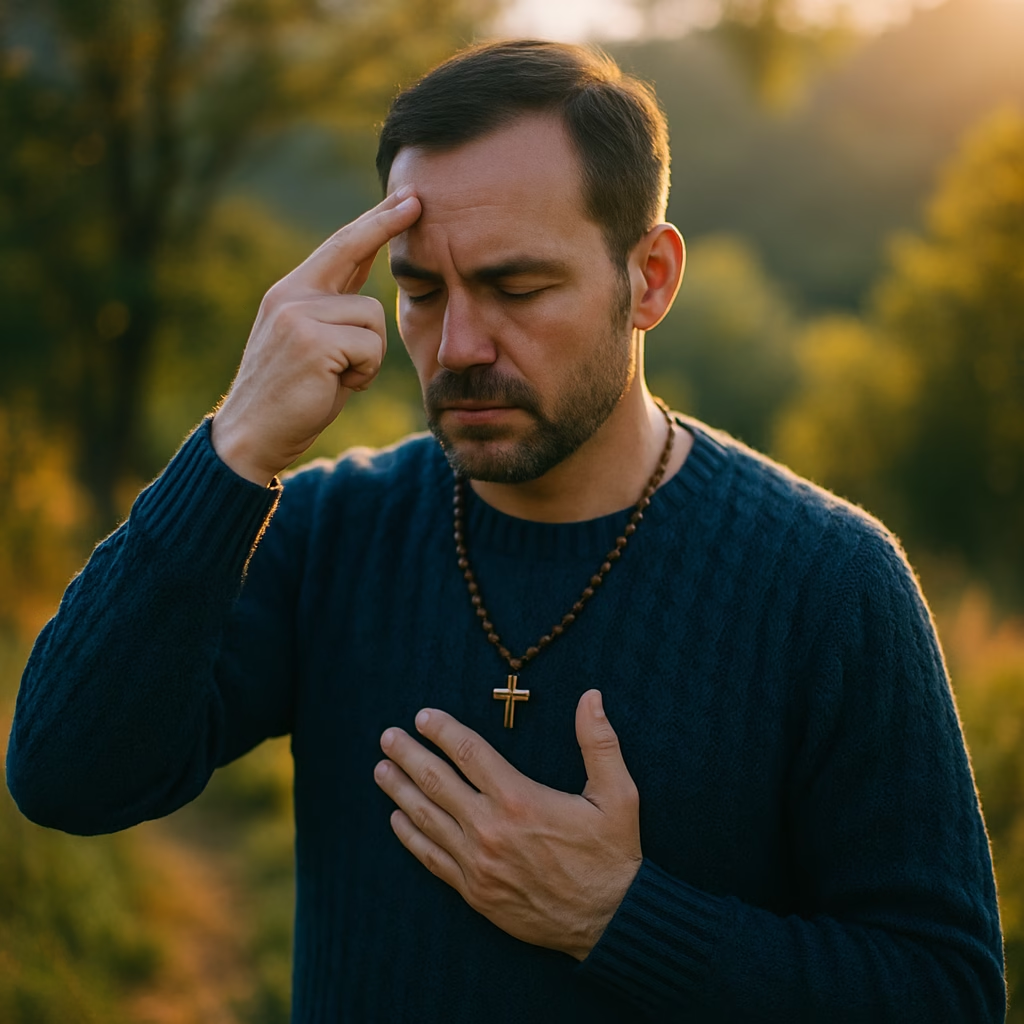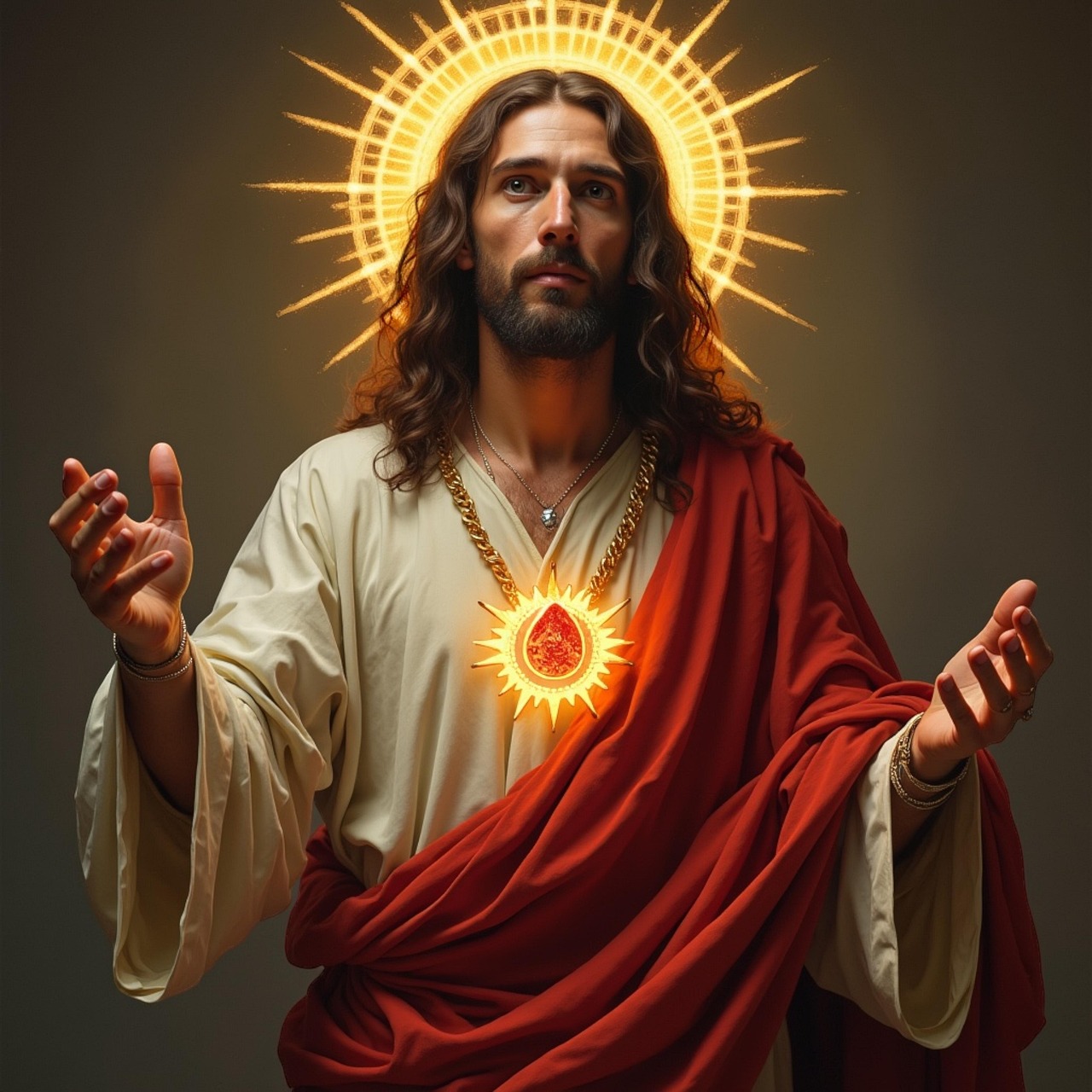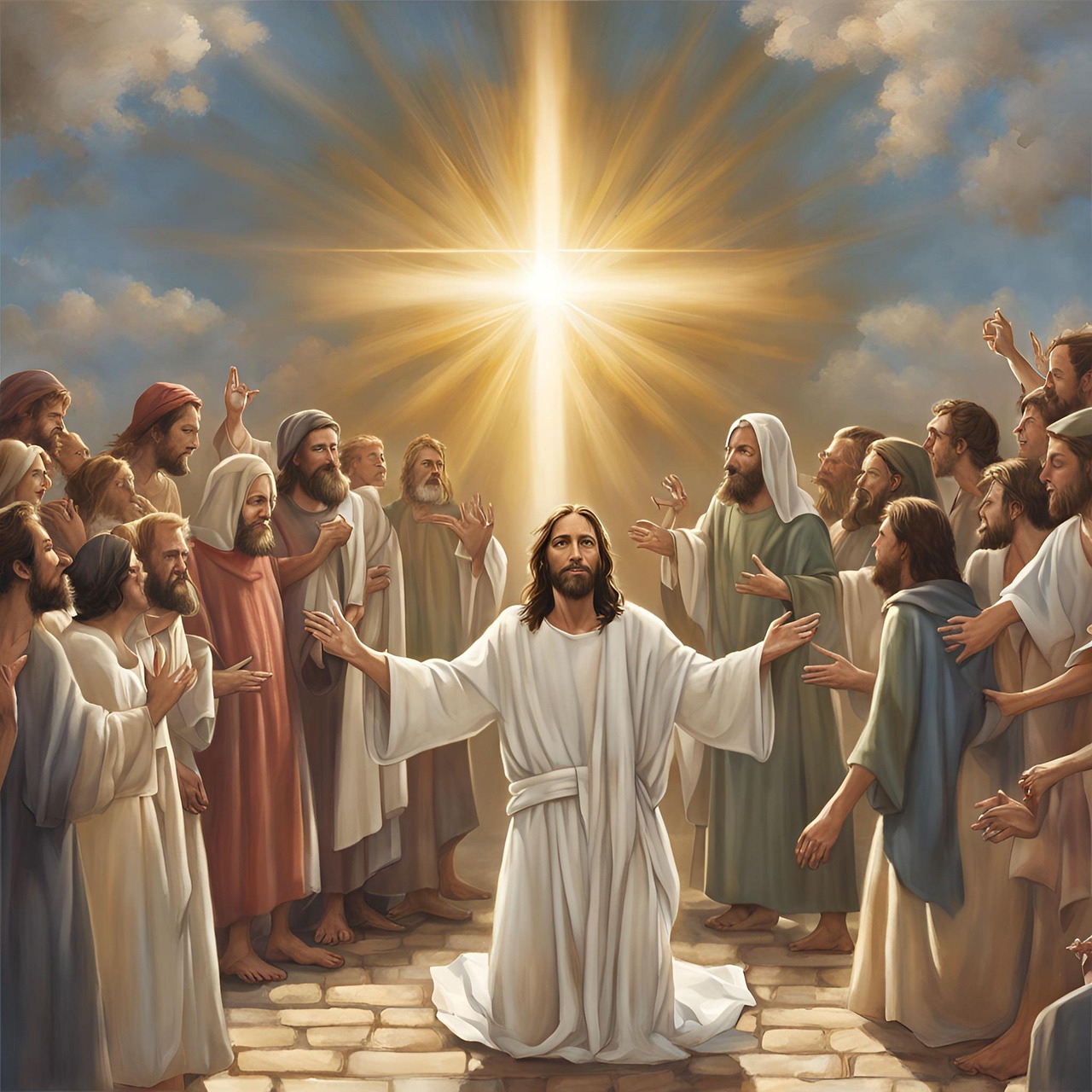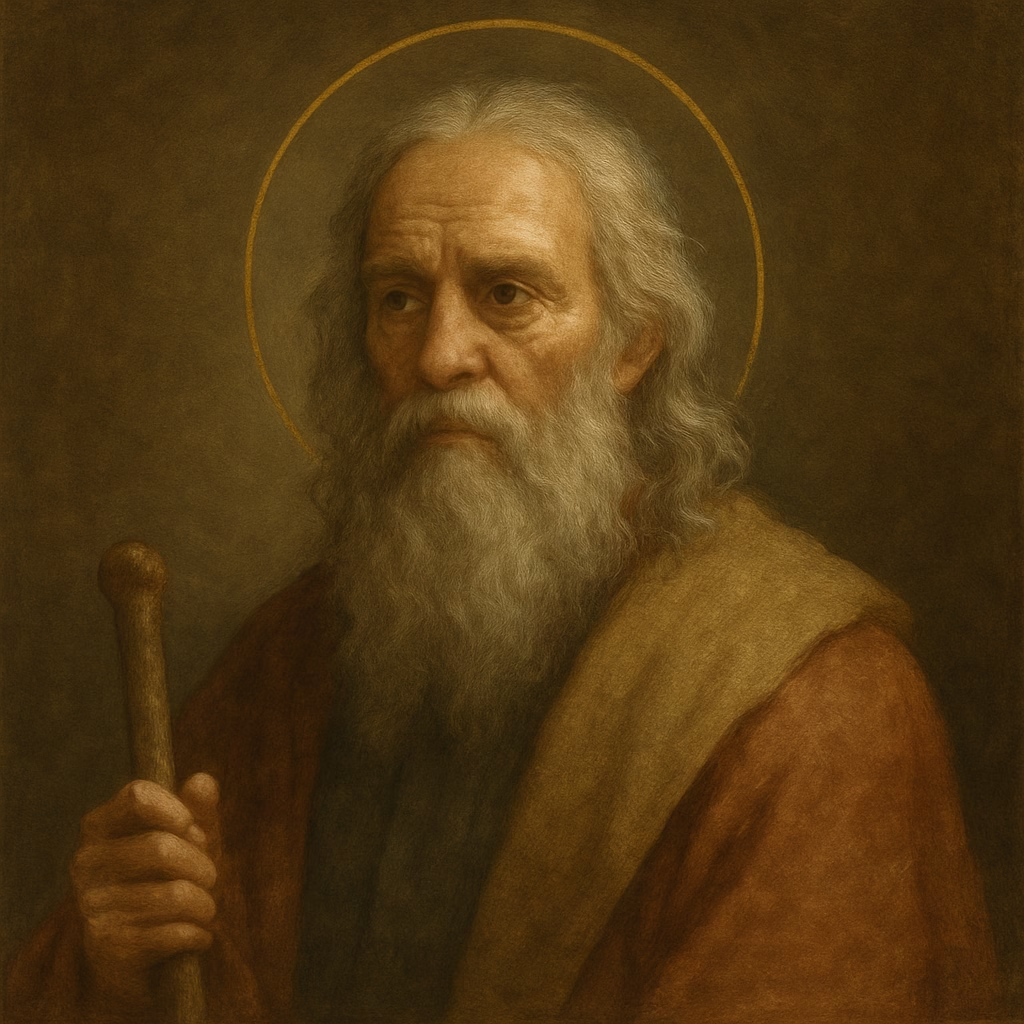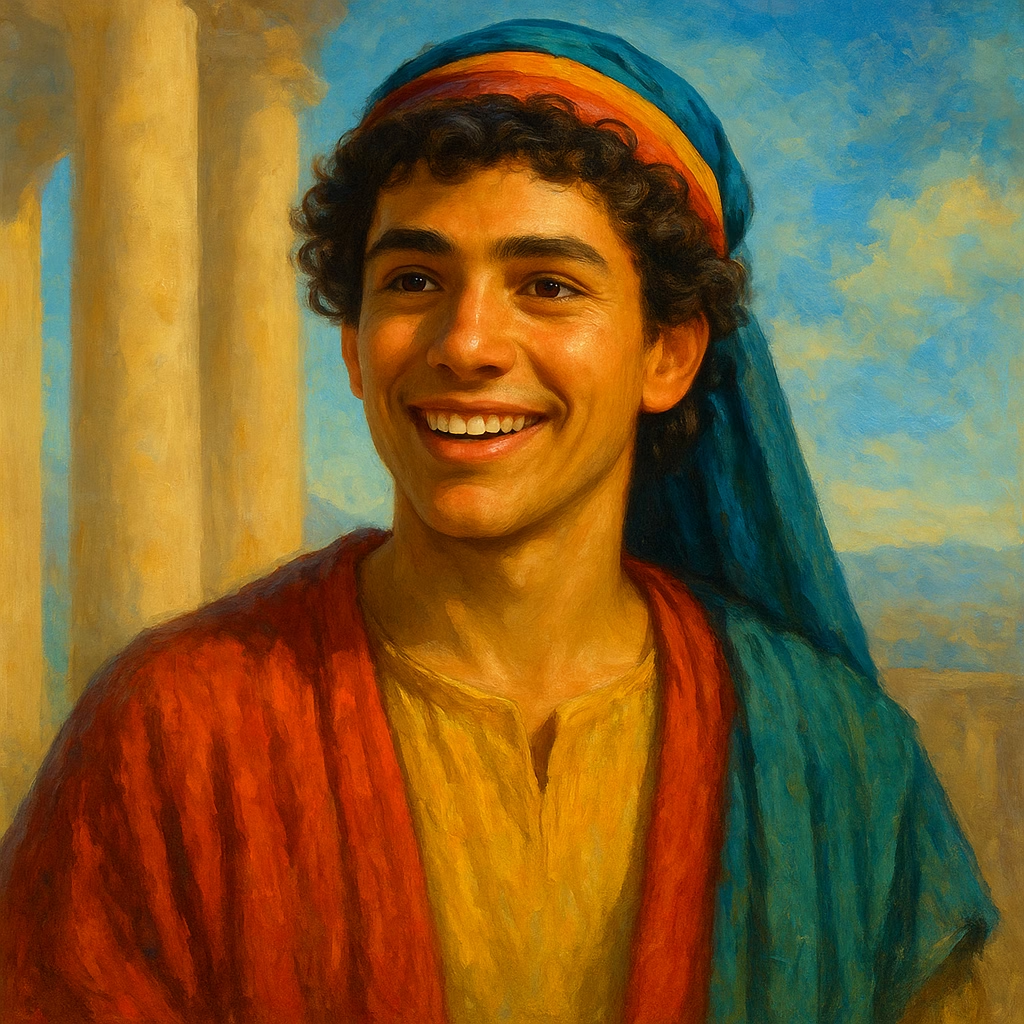🙏 Introduction
If you’ve ever seen a Catholic trace a cross on their body before prayer or passing a church, you might have wondered: “Why do Catholics cross themselves?” This powerful gesture, known as the Sign of the Cross, is one of the most recognizable practices in the Catholic Church – but its meaning goes far deeper than habit or tradition.
In this article, you’ll learn the origins, meaning, and significance of the Sign of the Cross – and how this sacred act reminds Catholics of God’s love, the Trinity, and the power of the Cross.
✝️ What Is the Sign of the Cross?
The Sign of the Cross is a symbolic gesture where Catholics use their right hand to trace the shape of a cross: forehead, chest, left shoulder, then right shoulder – while saying:
“In the name of the Father, and of the Son, and of the Holy Spirit. Amen.”
This act honors the Holy Trinity and serves as a visible reminder of Christ’s sacrifice. Catholics make the Sign of the Cross at the beginning and end of prayers, during Mass, when entering a church, and in moments of fear, blessing, or gratitude.
📜 History & Origin of the Sign of the Cross
The Sign of the Cross dates back to the early Church. Tertullian, a Christian writer in the 2nd century, noted:
“At every forward step and movement, at every going in and out… we trace the sign [of the cross] upon our foreheads.”
Originally made with just a thumb on the forehead, the gesture evolved into the full-body movement we know today. It became a sacred part of Catholic identity and liturgical practice.
🔍 Why Do Catholics Cross Themselves?
Here are five powerful reasons Catholics make the Sign of the Cross:
1. To Invoke the Trinity – It’s a prayer in itself, calling on God the Father, Son, and Holy Spirit.
2. To Recall Baptism – The sign reminds Catholics of their baptism, when they were claimed for Christ.
3. To Show Faith Publicly – It’s a bold, humble witness to one’s belief in Christ.
4. To Ward Off Evil – It’s a spiritual shield, especially in times of fear or temptation.
5. To Focus the Mind in Prayer – It centers the heart and mind toward God.
✨ Spiritual Symbolism of the Cross Gesture
- Forehead: We dedicate our thoughts to God.
- Heart/Chest: We offer our love and will.
- Shoulders: We give our strength to serve.
This movement also traces the very Cross on which Christ died – a physical reminder of salvation.
🙏 A Short Prayer with the Sign of the Cross
Before your next prayer or moment of reflection, try this:
“Lord Jesus, in the name of the Father, Son, and Holy Spirit, I place myself under Your protection. Bless my mind, heart, and actions today.”
📖 Devotional Takeaway
The Sign of the Cross is not just a motion, it’s a mini-creed, a blessing, and a battle cry all in one. Whether whispered in a moment of fear or boldly made before worship, this sacred gesture reminds us we belong to a God who loves, redeems, and remains with us always.
❓FAQ
Q: Why do Catholics cross themselves from left to right?
A: It symbolizes Christ’s movement from death to life – from darkness (left) to glory (right). Eastern Christians go right to left, but the meaning is similar.
Q: Is the Sign of the Cross only for Catholics?
A: While it’s most commonly used in Catholicism, many Christians, especially Orthodox and some Anglicans, also use it.
Q: Can I make the Sign of the Cross if I’m not Catholic?
A: Yes – it’s a universal gesture of blessing and faith in the Trinity. Anyone seeking God’s grace may use it reverently.
Q: Is there a “right” time to cross yourself?
A: Common times include before and after prayer, when passing a church, during Mass, or in moments of fear, gratitude, or decision-making.
📌 Final Thought
The next time you cross yourself, do it with intention. Let it remind you: You are marked by love, saved by the Cross, and sealed in the Trinity.
